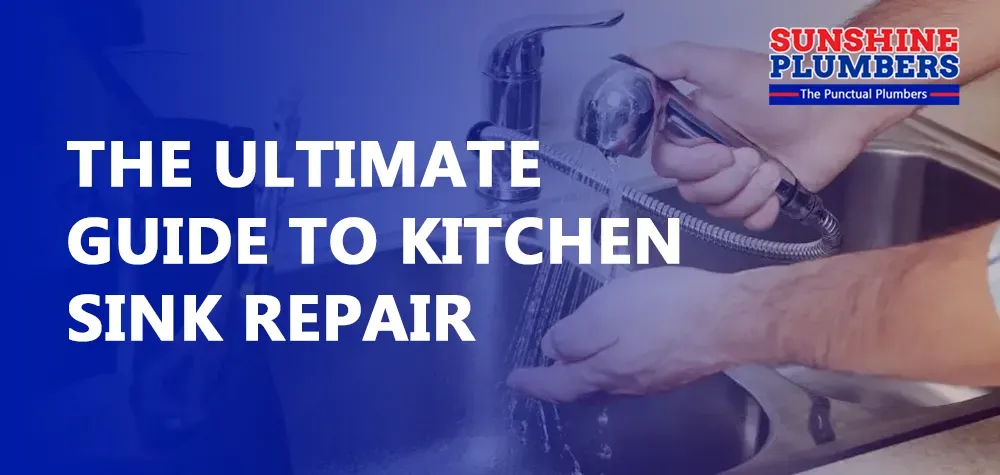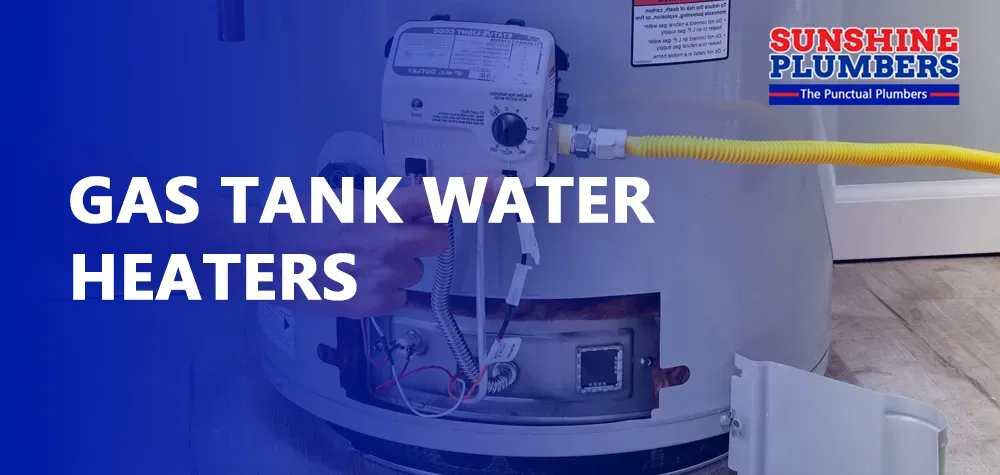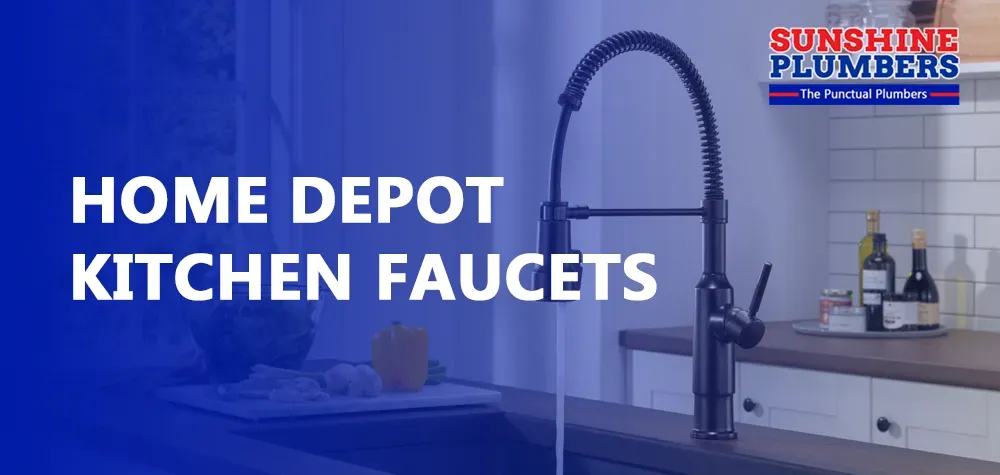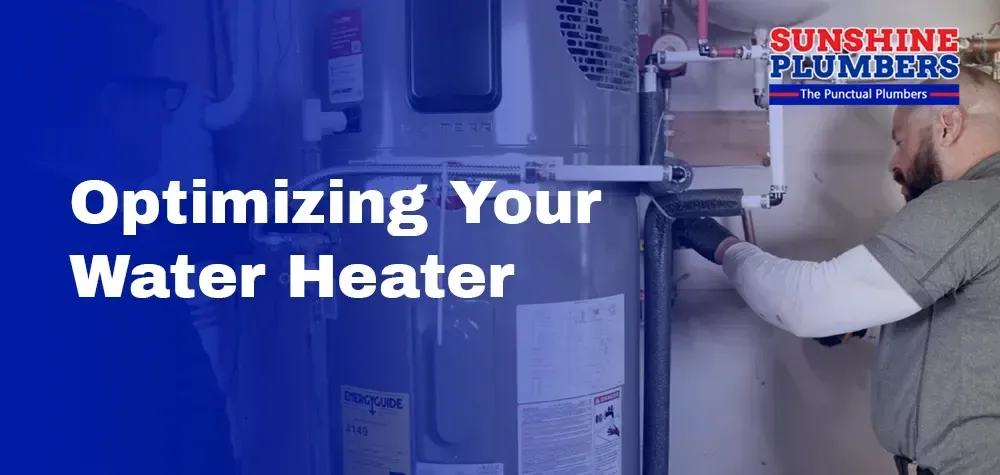Optimizing Your Water Heater: A Comprehensive Guide to Draining a Clogged Unit
A water heater is an essential appliance that provides hot water for various daily tasks. To keep it functioning efficiently, proper maintenance is crucial. One essential aspect of maintenance is draining your water heater, which helps prevent sediment buildup and extend the appliance's lifespan. In this comprehensive guide, we will explore the step-by-step process of draining a clogged water heater, ensuring optimal performance and efficiency for years to come.
1: Understanding the Importance of Draining Your Water Heater
Before delving into the practical steps, it's essential to understand why draining a clogged water heater is crucial. Here are some compelling reasons:
1.1 Prevent Sediment Buildup
Over time, sediment and minerals naturally accumulate at the bottom of your water heater tank. This sediment can create an insulating barrier, reducing the heating efficiency of your unit. Draining your water heater periodically helps remove this sediment, ensuring that it operates at its full potential.
1.2 Extend the Lifespan
Regular maintenance, including draining, can significantly extend the lifespan of your water heater. Removing sediment and preventing corrosion helps prevent wear and tear on the tank and heating elements, ultimately saving you money on early replacements.
1.3 Maintain Water Quality
Sometimes, when water heaters get clogged, it might lead to discolored and foul-smelling water. To get clean and odor-free hot water from your taps, you must drain your water regularly.
2: Signs of a Clogged Water Heater
Before you start the draining process, it's important to be able to identify the signs of a clogged water heater. Common indicators include:
2.1 Reduced Hot Water Output
If you've noticed that your water heater is producing less hot water than usual, it could be a sign of sediment buildup. This reduced output may not provide enough hot water for your daily needs.
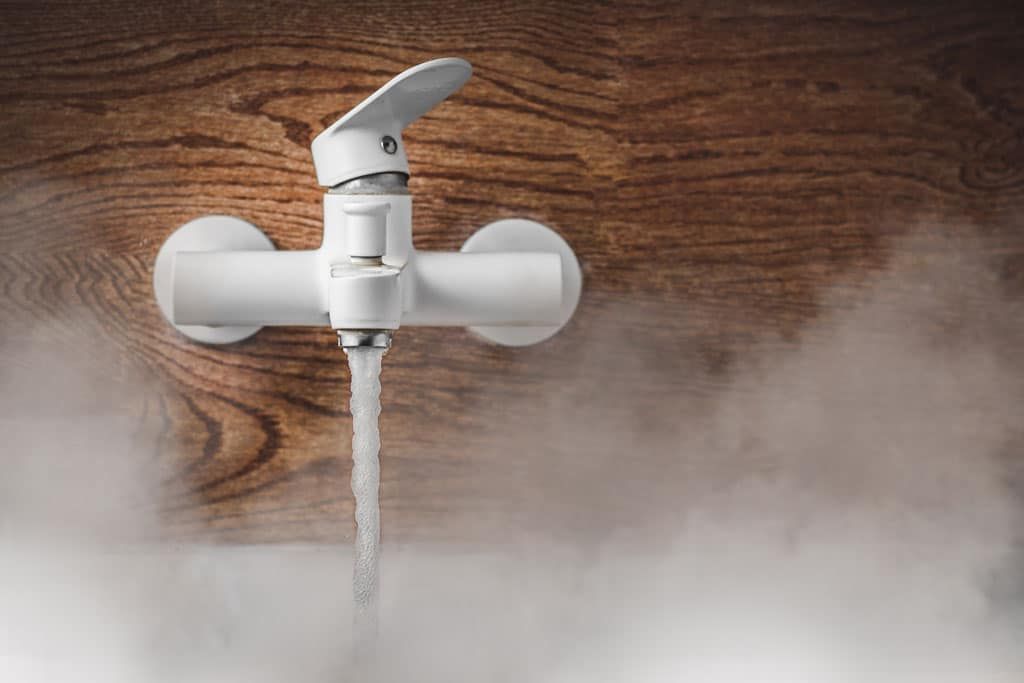
2.2 Strange Noises
A rumbling or popping noise coming from your water heater is often a result of sediment being heated at the bottom of the tank. These noises can be a clear sign that it's time to drain the water heater.
2.3 Slow Hot Water Recovery
If your water heater takes longer to heat the water, it indicates reduced efficiency. Draining your heater can help restore its ability to heat water more quickly.
2.4 Discolored or Foul-Smelling Water
Water with a brown or rust-like color, or a strange odor, may indicate sediment in your water heater. Flushing out the tank can improve water quality.
3: Step-by-Step Guide to Draining a Clogged Water Heater
Follow these instructions carefully:
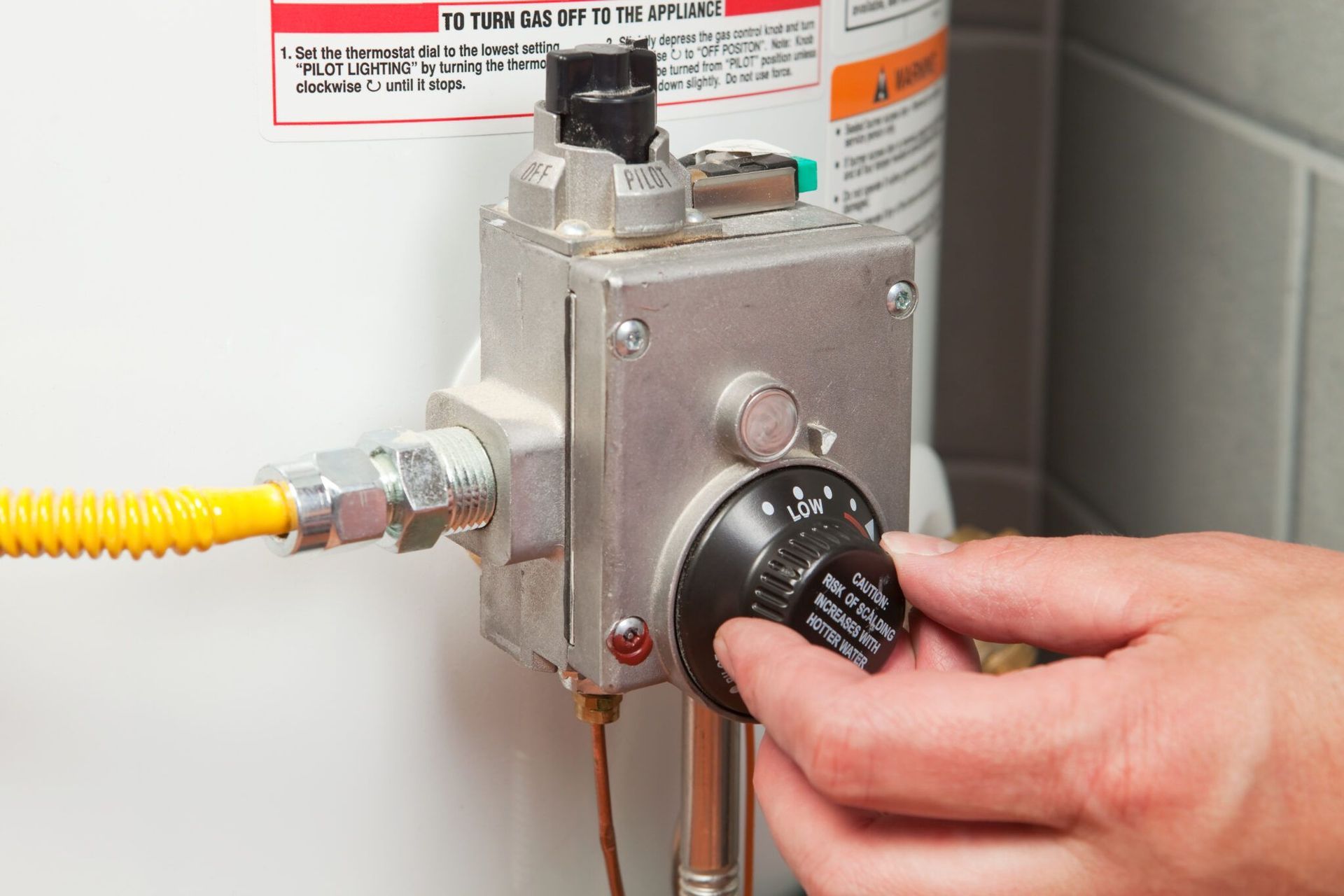
3.1 Safety First
- Turn off the power supply: Electric water heaters should be turned off by the circuit breaker. For gas water heaters, set the control knob to "Pilot."
- Turn off the cold water supply: To prevent new water from entering the tank, shut off the cold water inlet valve.
- Allow the water to cool: Make sure the tank water cools down to a safe temperature before you begin using it.
3.2 Connect a Hose
- A garden hose can be connected to the drain valve to drain the water heater. The hose should be long enough to reach a drain or outdoor location where the hot water can be safely discharged.
- Ensure that the other end of the hose is positioned in a suitable drainage area. Ensure it is positioned lower than the water heater to allow for effective drainage.
3.3 Open the Drain Valve
- Carefully open the drain valve by turning it counterclockwise. Be prepared for hot water to flow through the hose.
- Allow the water to flow out completely. You may need to open a hot water tap in your home to facilitate the draining process by letting in air.
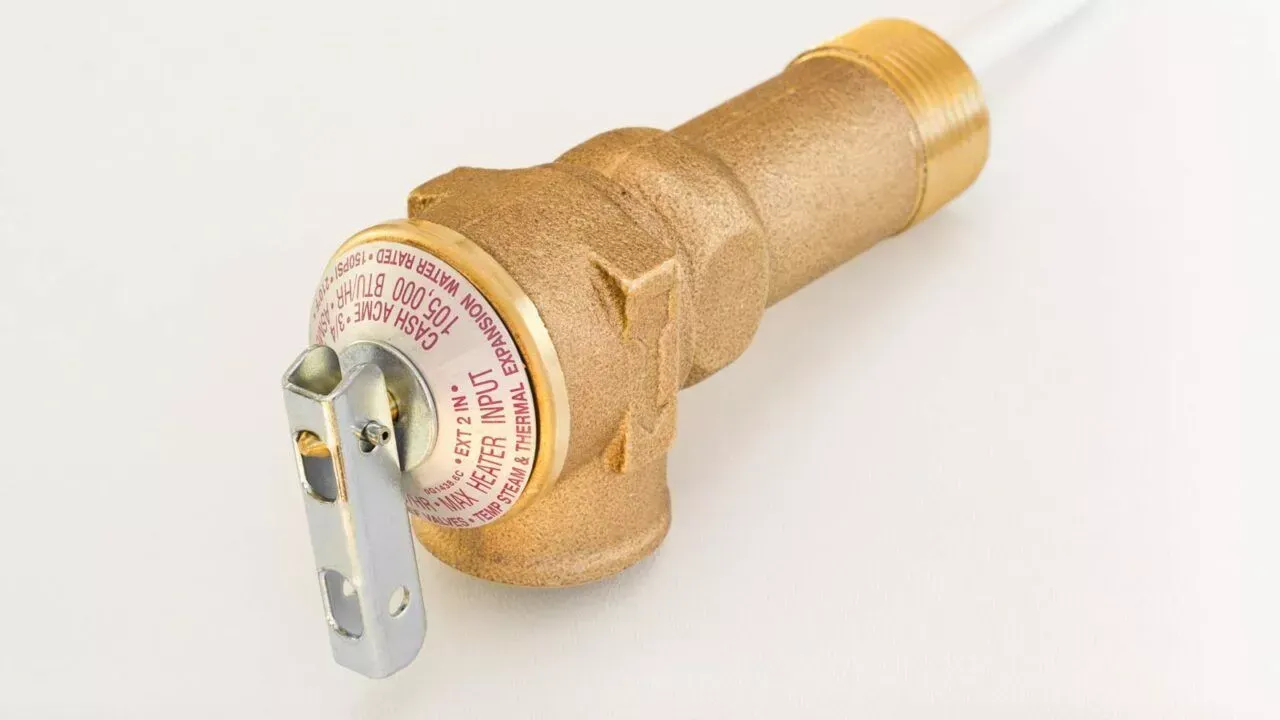
3.4 Flush the Tank
- To flush out any remaining sediment, turn on the cold water supply once the water heater has been emptied. The rushing water will help remove any loose debris.
3.5 Close the Drain Valve
- After flushing, close the drain valve by turning it clockwise. Make sure it is securely closed to avoid any leaks.
3.6 Refill and Restart
- Turn on the cold water supply and allow the tank to refill. Monitor the hot water tap that you opened earlier; when you see a steady stream of water, it's safe to close it.
- Restore power to your electric water heater or relight the pilot on your gas water heater.
By following these steps, you can effectively drain your clogged water heater, ensuring it operates efficiently and provides a steady supply of hot water.
4: Maintenance Tips for a Clog-Free Water Heater
To keep your water heater in top condition, incorporate these preventative maintenance tips into your routine:
4.1 Regular Drainage
You should drain your water heater at least once a year. Consider doing it more frequently if your water source contains a lot of minerals.
4.2 Install a Water Softener
If your area has hard water, installing a water softener can help reduce mineral buildup in your water heater, extending its lifespan.
4.3 Check the Anode Rod
The anode rod is designed to attract corrosive elements away from the tank. Regularly inspect and replace it if it's worn out, as it plays a vital role in preventing clogs and extending your water heater's life.
4.4 Schedule Professional Maintenance
Consider hiring a professional plumber to perform regular maintenance on your water heater. They can inspect and clean the system, ensuring it operates efficiently.
5: When to Seek Professional Help
While routine maintenance can prevent many issues, there are times when you should seek professional assistance for your clogged water heater:
- If you are uncomfortable or unsure about the drainage process.
- When you notice persistent issues, such as discolored water or odd noises.
- If your water heater is experiencing problems beyond sediment buildup.
Professional plumbers have the expertise and tools to address complex issues and ensure your water heater functions optimally.
At Sunshine Plumbers, we understand the complexities of maintaining a healthy water heater and ensuring your plumbing systems operate flawlessly. Whether it's draining a clogged water heater, fixing leaks, or addressing any plumbing concerns, our team of seasoned professionals is equipped with the knowledge and expertise to tackle any issue. We pride ourselves on delivering reliable solutions, ensuring that your home's plumbing functions at its best. Don't let plumbing problems disrupt your comfort; entrust your plumbing needs to Sunshine Plumbers and experience top-tier service and peace of mind. Contact us today and let us keep your plumbing in perfect working order.

